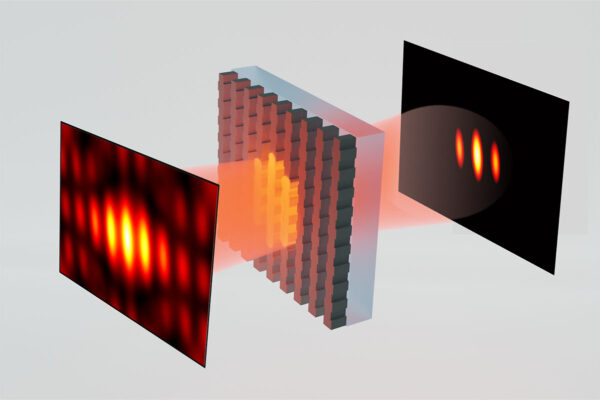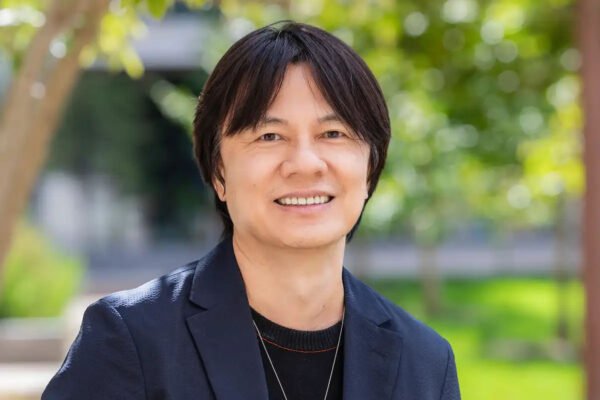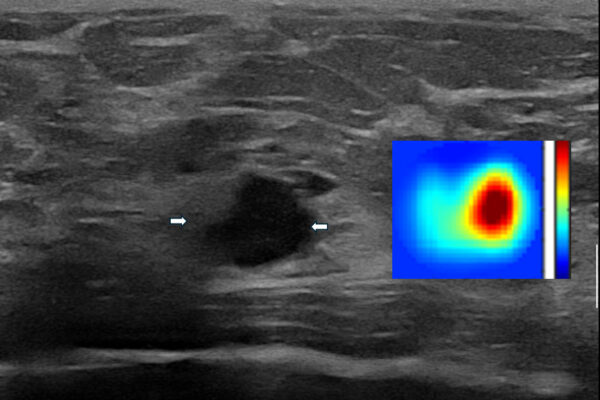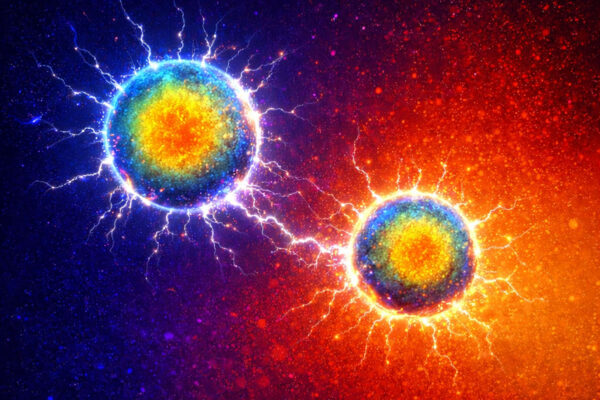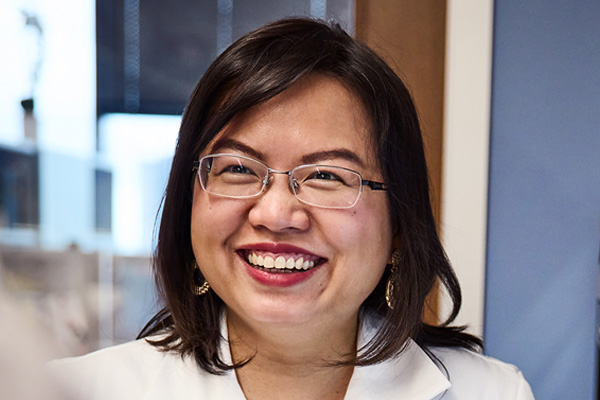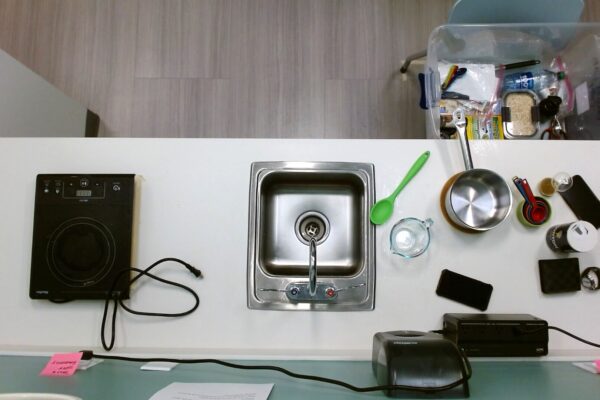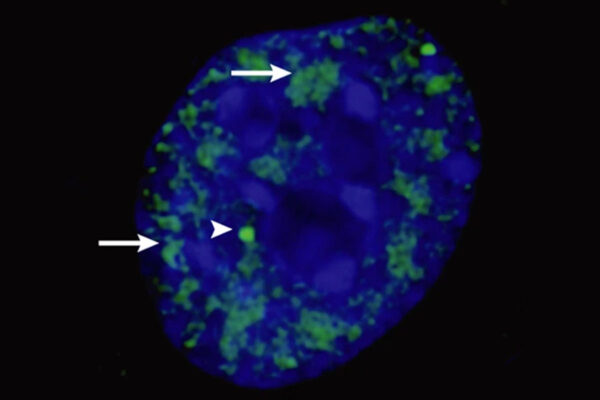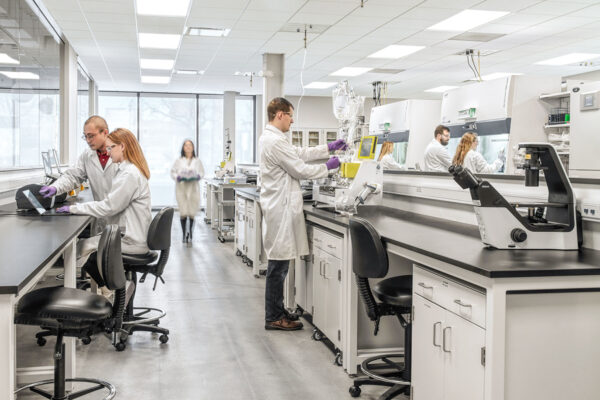Light gives boost to image processing, optical systems
Researchers at Washington University in St. Louis have found a way to use light to boost the efficiency of image processing and optical neural networks.
Making hydrogen fuel cells ‘less precious’
WashU engineers are working to bring stability to iron components instead of using more expensive precious metals in fuel-cell technologies.
Reinforcement learning for arbitrarily large systems is possible
Researchers at Washington University in St. Louis are developing mathematically rigorous and computationally efficient techniques to transform extremely complex reinforcement learning problems into a manageable domain.
Imaging technique can reduce benign breast biopsies by 25%
Ultrasound-guided diffuse optical tomography reduces breast biopsies by 25% in a new study from researchers at Washington University in St. Louis.
Tapping the engines of cellular electrochemistry and forces of evolution
Biomedical engineers at Washington University in St. Louis have outlined how properties of biological condensates may serve as engines to power electrochemical reactions at a microscale.
WashU named Focused Ultrasound Center of Excellence
Washington University in St. Louis has been recognized as a Focused Ultrasound Center of Excellence by the Focused Ultrasound Foundation.
Exploring metabolic noise opens new paths to better biomanufacturing
Researchers at Washington University in St. Louis have determined the source of metabolic noise and harnessed it to benefit bioproduction in microbes.
AI ‘CHEF’ could help those with cognitive declines complete home tasks
A team of WashU researchers has integrated two novel vision-language models that create a potential AI assistant that may help people with cognitive decline cook meals and remain independent.
Spying on speckles
Researchers at Washington University in St. Louis have investigated how assemblies of molecules called microphases could be a useful target in developing treatments for neurodegenerative disorders.
WashU startups attract record-setting $1.7 billion in private-sector investment over past year
Startups built on WashU discoveries attracted a record $1.7 billion in private-sector investment over the past year, accelerating the commercialization of WashU innovations into life-changing diagnostics, therapeutics and medical devices.
Older Stories
